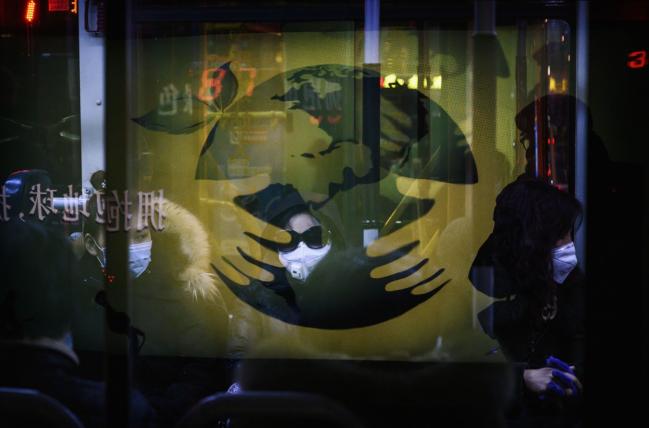(Bloomberg) -- A potential $1 trillion could be lost from global growth as female workers fall out of the workforce during the coronavirus, according to a new analysis by Citigroup Inc (NYSE:C).
Of 44 million workers in vulnerable sectors, about 31 million female workers face potential job cuts compared to 13 million men, underscoring that women globally are more vulnerable to losing their jobs during the crisis. The assessment excludes China, with the figure likely to be higher if the world’s second-largest economy was included.
Citi estimates more than 220 million women are in sectors vulnerable to job cuts amid the pandemic. If approximately 31 million women in six key sectors lost their jobs, that could mean an equivalent loss to real global GDP of as much as $1 trillion.
“The greater vulnerability of women to job losses is due to the segmentation of female laborers into sectors that are the most negatively affected by coronavirus disruptions,” Citi economists Dana Peterson and Catherine Mann wrote in a research note.
Among the steps they recommend to policy makers:
- Encourage employer-sponsored incentives such as paid leave and flexible working arrangements
- Provide subsidized private and public child-care options
- Provide unemployment insurance to non-traditional workers
- Provide financial support for small businesses and direct cash payments to affected workers
- Suspend evictions, defer mortgage and utility payments, provide training and support for small firms and entrepreneurs
- Ensure that policy and structural adjustments to support sustainable recovery are analyzed for gender and intersectionality
- Collect statistics related to public and private efforts to support female labor force participation
“Many of the policies that promoted female labor force participation pre-coronavirus are even more suitable in a post-pandemic world,” the Citi economists wrote.
©2020 Bloomberg L.P.

